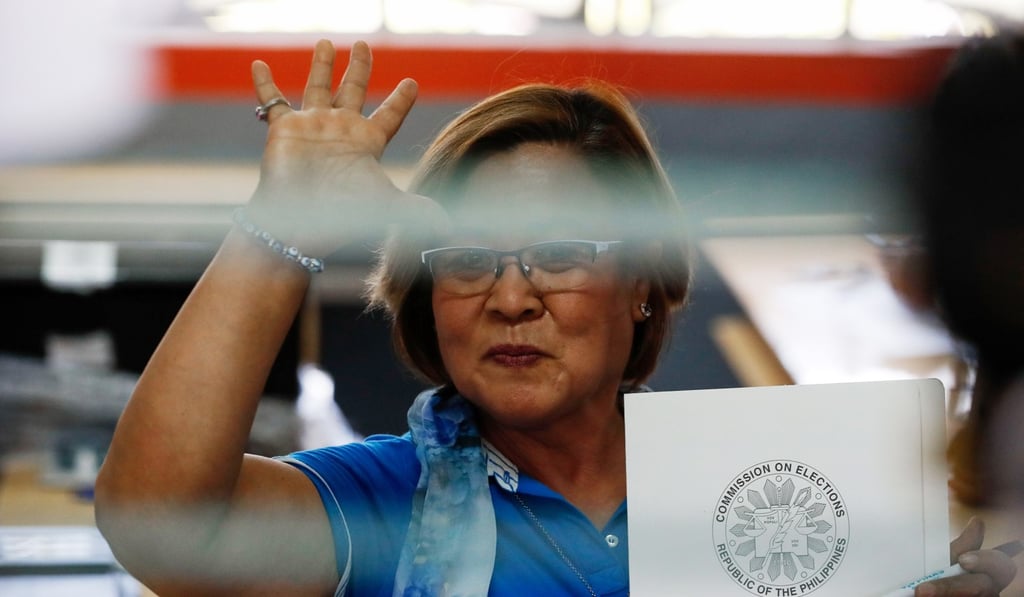Philippines drug war: what’s behind sudden surge of deaths in Central Luzon?
- Senator Leila De Lima, a known critic of Duterte who has been jailed since 2017, described the region as a new ‘epicentre’ of extrajudicial killings
- A police spokesman dismissed the claims, however, attributing the surge in deaths to drug lords and protectors purging their own people

Senator Leila De Lima, a known critic of Duterte who has been imprisoned since 2017 on drug-trafficking charges, has urged the Senate to hold a public inquiry into the sudden increase in drug war deaths in Central Luzon, which she said was double the number last year in Metro Manila.

In her resolution, De Lima said 542 people had been “executed” in Central Luzon last year, compared to 285 in the capital region.
“The manner of executions reflects the killings made here in Metro Manila, the difference being the drug operations are committed in another area with new victims,” she said.
“This past year, various news reports show that while Metro Manila has registered a reduction [in] the number of deaths in their drug-related operations, nearby provinces and regions have recorded more than one death a day, specifically Central Luzon, and that it has become the new focus of the war on drugs.”